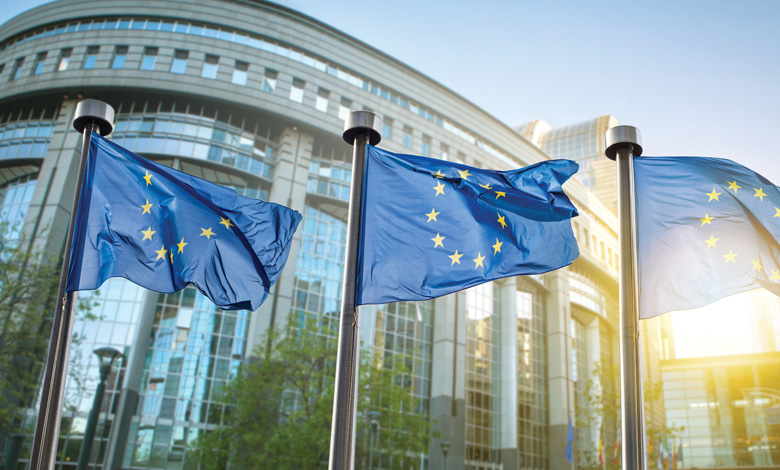EU hydrogen bank pilot results published

The European Commission has published the results of the first EU-wide hydrogen bank pilot auction.
On 30 April 2024 the results of the European Hydrogen Bank’s first auction were announced. Seven projects across the EU will receive a total of €720 million, with a plan to produce 1.58 million tonnes (Mt) of renewable hydrogen over ten years, avoiding more than 10Mt of CO2 emissions.
Winning bidders will secure funds per kilogram of hydrogen produced (Kg/H2), sourced from the EU Emissions Trading System (Innovation Fund), bridging the price gap between current production costs and the price that hydrogen offtakers are ready to pay.
The premium requested by the awarded project promoters ranged between €0.37 and €0.48 per Kg/H2 – well below the €4.5 ceiling price – for projects located in Spain (three), Portugal (two), Norway (one), and Finland (one).
90 per cent of the 132 projects bidding to produce around 8 Mt of hydrogen over 10 years were eligible for receiving the premium. The high level of participation is a clear signal sent by the industry that the budget for subsequent auctions should be increased even beyond the €2.2 billion earmarked by the European Commission.
Even if all the projects had received support, this would have represented a small fraction (0.8M ton per year) of the required volumes of renewable hydrogen Europe needs to meet the 2030 green deal targets.
In order to be considered at auction, prospective developers were required to submit a completion bond for 4 per cent of the subsidy value which they will lose if they do not finish their projects. Following award, plants have to be built within five years.
Hydrogen bank
In March 2023, the European Commission set out new plans to stimulate and support investment in sustainable hydrogen production through the establishment of a European Hydrogen Bank (EHB).
The auctions are a new development funded by the EU Innovation Fund under the umbrella of the European Hydrogen Bank. The Commission has stated that the objective of the auction mechanism is to expand the portfolio of support mechanisms that the Innovation Fund currently provides through grants, project development assistance, and other blended financial instruments.
It is also envisaged that it will enable a faster rollout of innovative technologies needed for the green transition, especially in hard-to-abate sectors.
European Union decision-makers have outlined that the hydrogen bank helps address the initial financial challenges in the production of green hydrogen to create an emerging renewable hydrogen market. The bank also has international dimension which aims to facilitate renewable hydrogen imports to the EU.
Under REPowerEU, the European Union is aiming to produce 10 million tonnes (Mtoe) of renewable hydrogen by 2030, coupled with 10 Mtoe of imports.
There are four pillars of the EHB, of which the first two are financing mechanisms aimed at scaling the EU domestic market, and for international imports into the EU.
The third pillar is linked to transparency and coordination – assessing demand, infrastructure needs, hydrogen flows, and cost data.
The final pillar is streamlining existing the financial instrument – coordinating and blending these with new public and private funding, both in the EU and internationally.
In order to achieve the 10 Mtoe of domestic renewable hydrogen production foreseen in the REPowerEU plan, total investment needs are estimated at €335 billion and €471 billion including between €200 billion and €300 billion needed for additional renewable energy production.
The vast majority of this will come from private funding, but public funding (through the EU financial instruments and state aid) will play an important role in ‘pump priming’ in order to eventually leverage increased private investment, particularly in the early days of establishing the hydrogen market.
Second auction
Results of the first auction are imminent, but the Commission has already outlined plans for a second auction to take place before the end of 2024.
The second auction’s budget is to increase from €720 million to €2.2 billion, with the EU outlining that there will be new developments in light of the experience throughout the process of the first auction.
However, the timing marks a significant delay to ambitions outlined by the president of the European Commission, Ursula von der Leyen, who has previously stated that her ambition is to have the second round of auctions take place in the spring of 2024.
This article has been updated from print version in eolas Magazine, issue 63.





